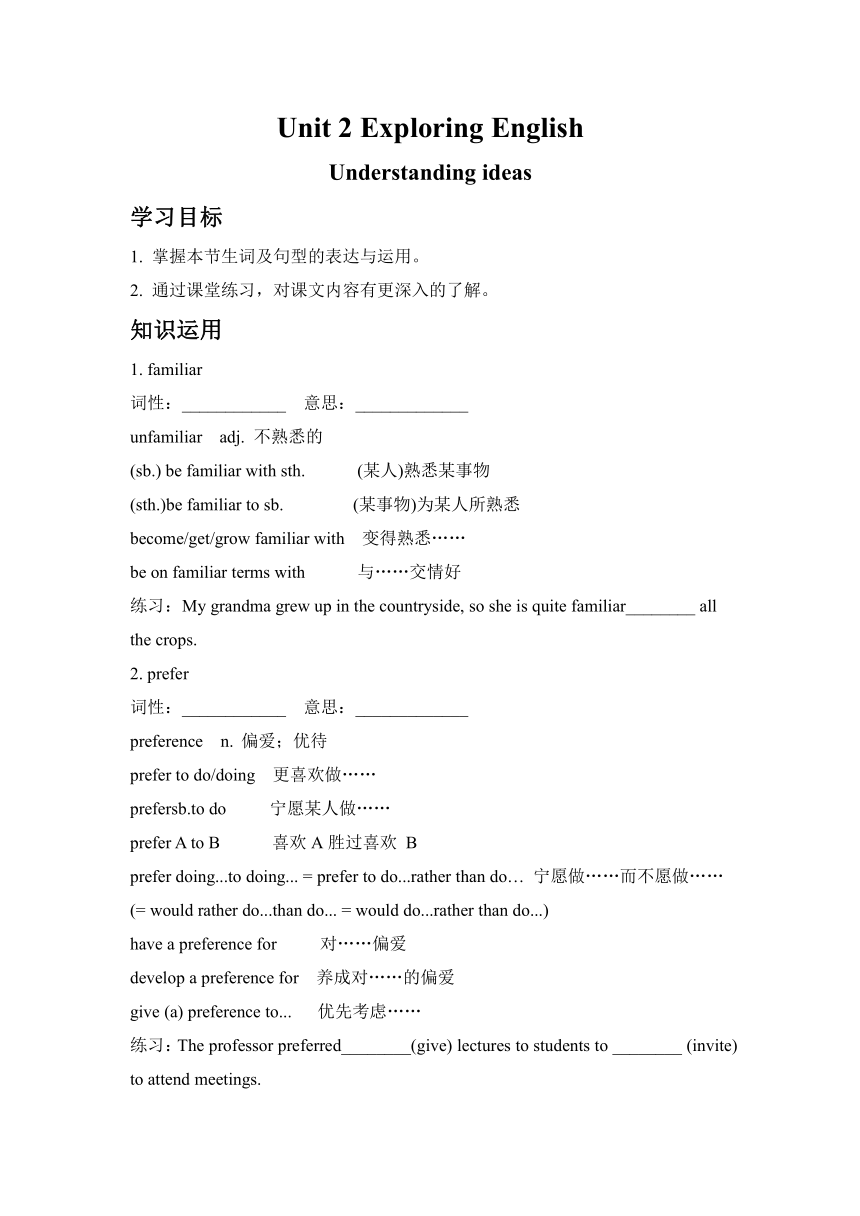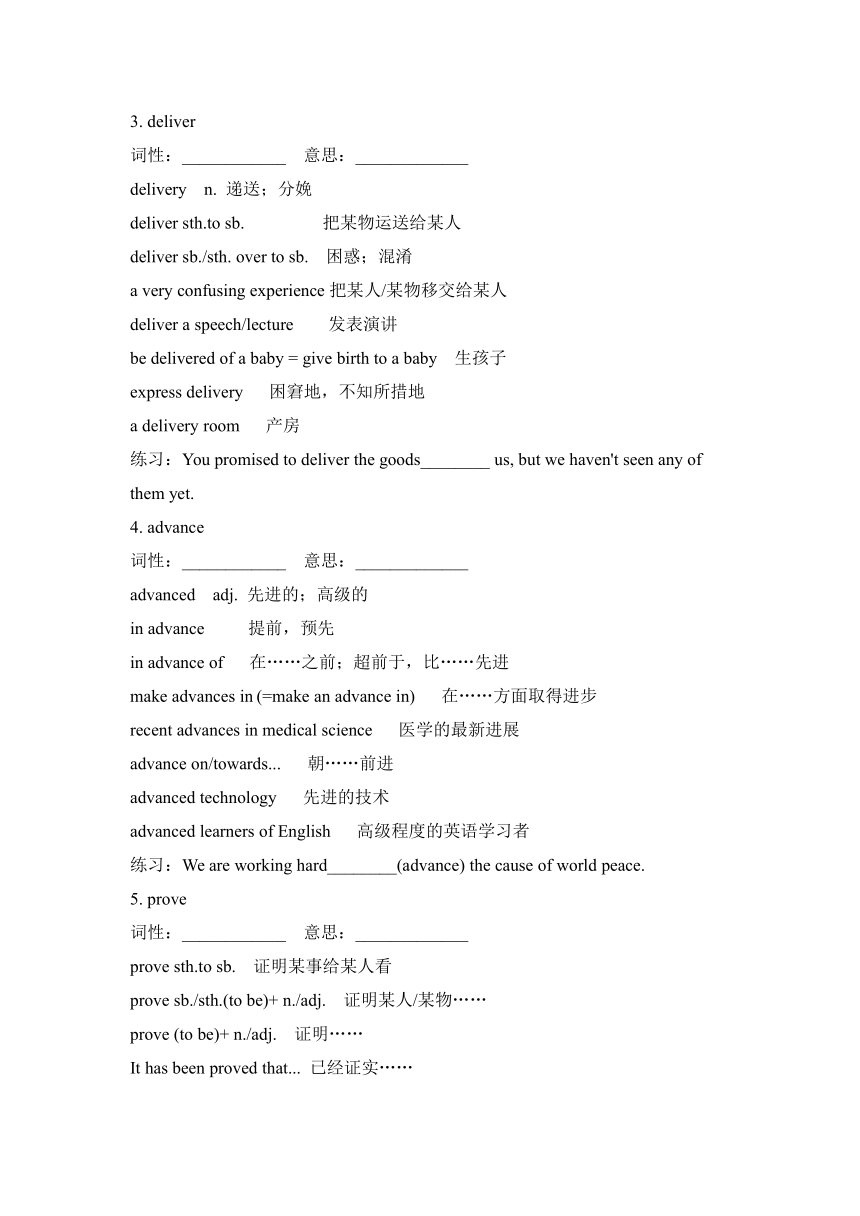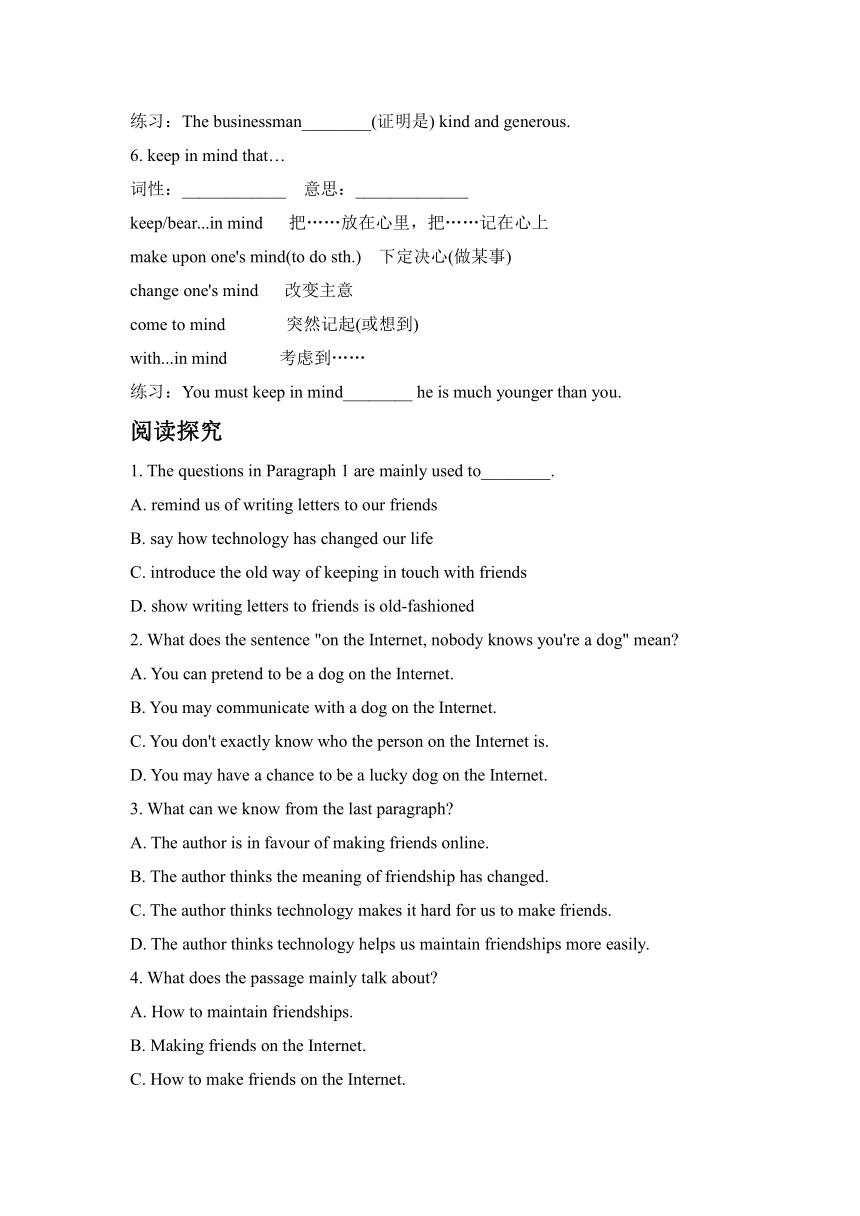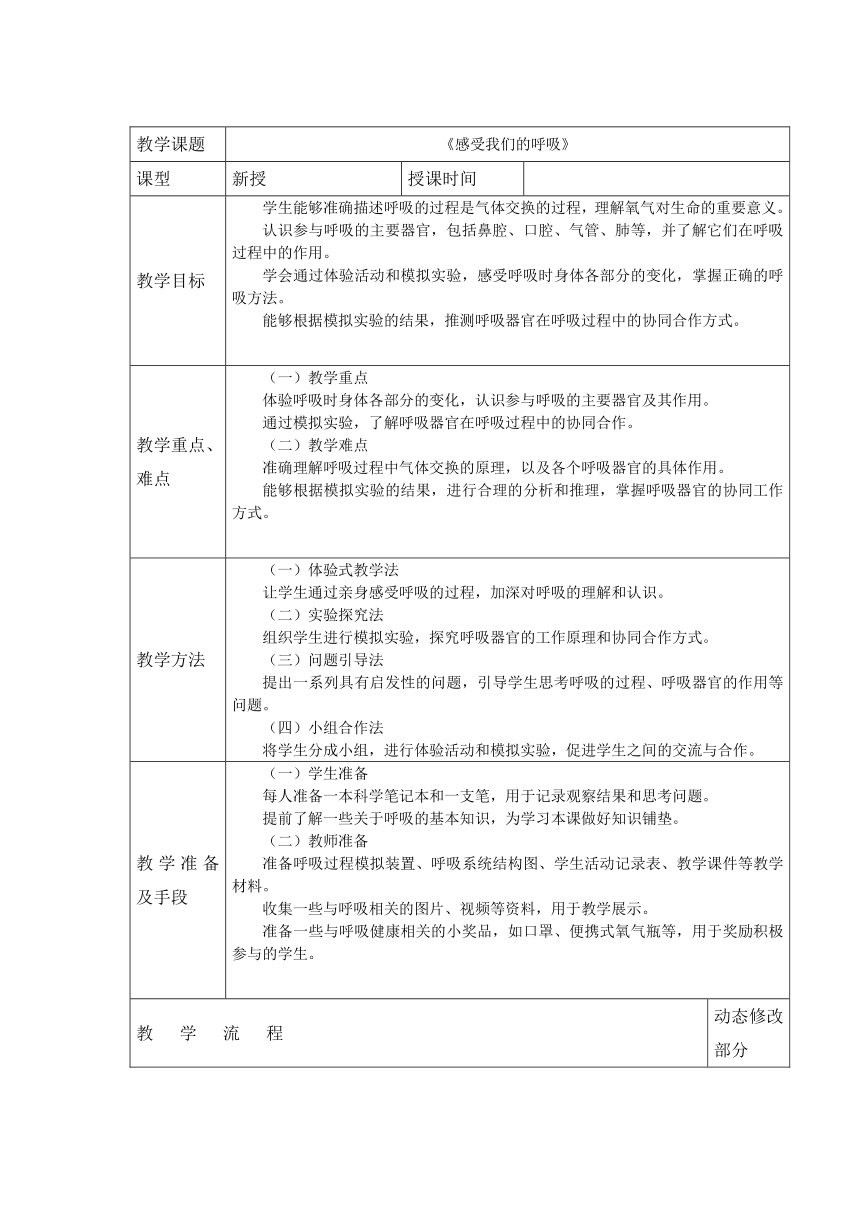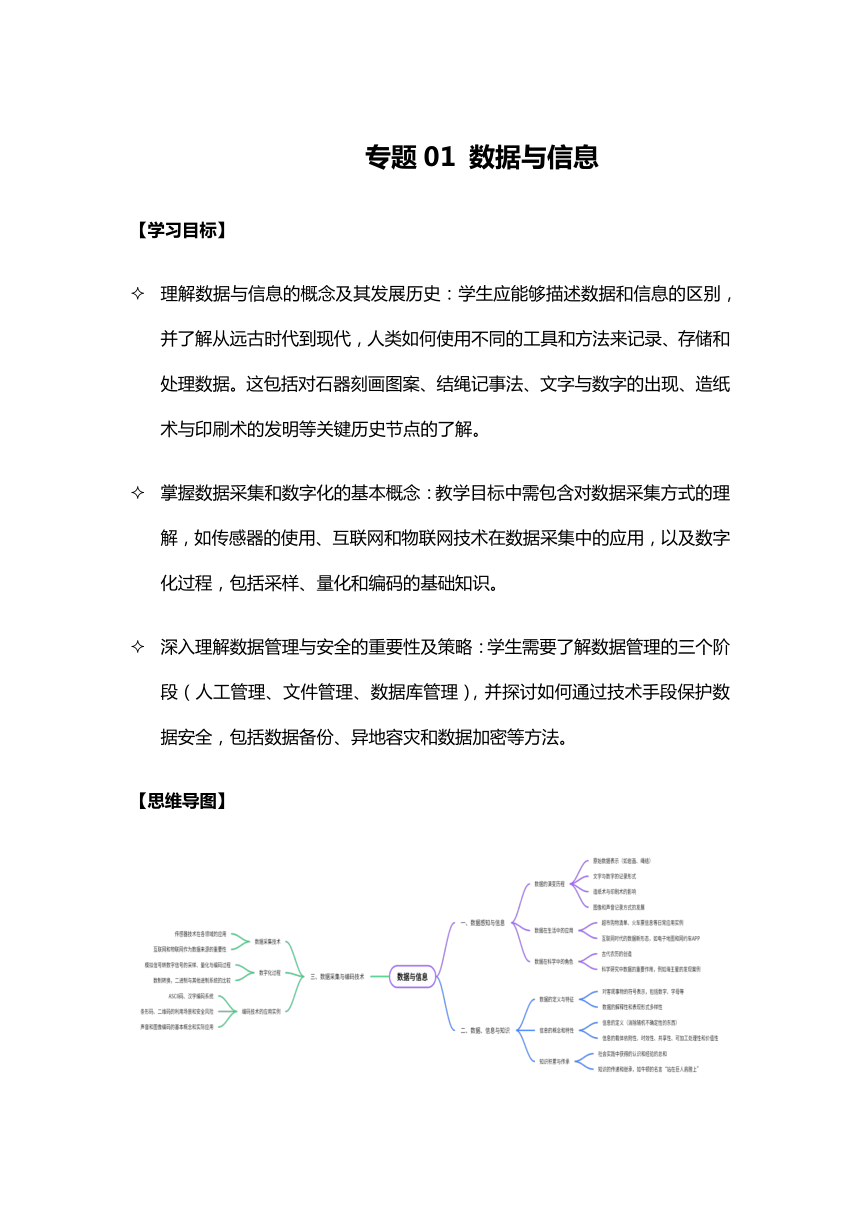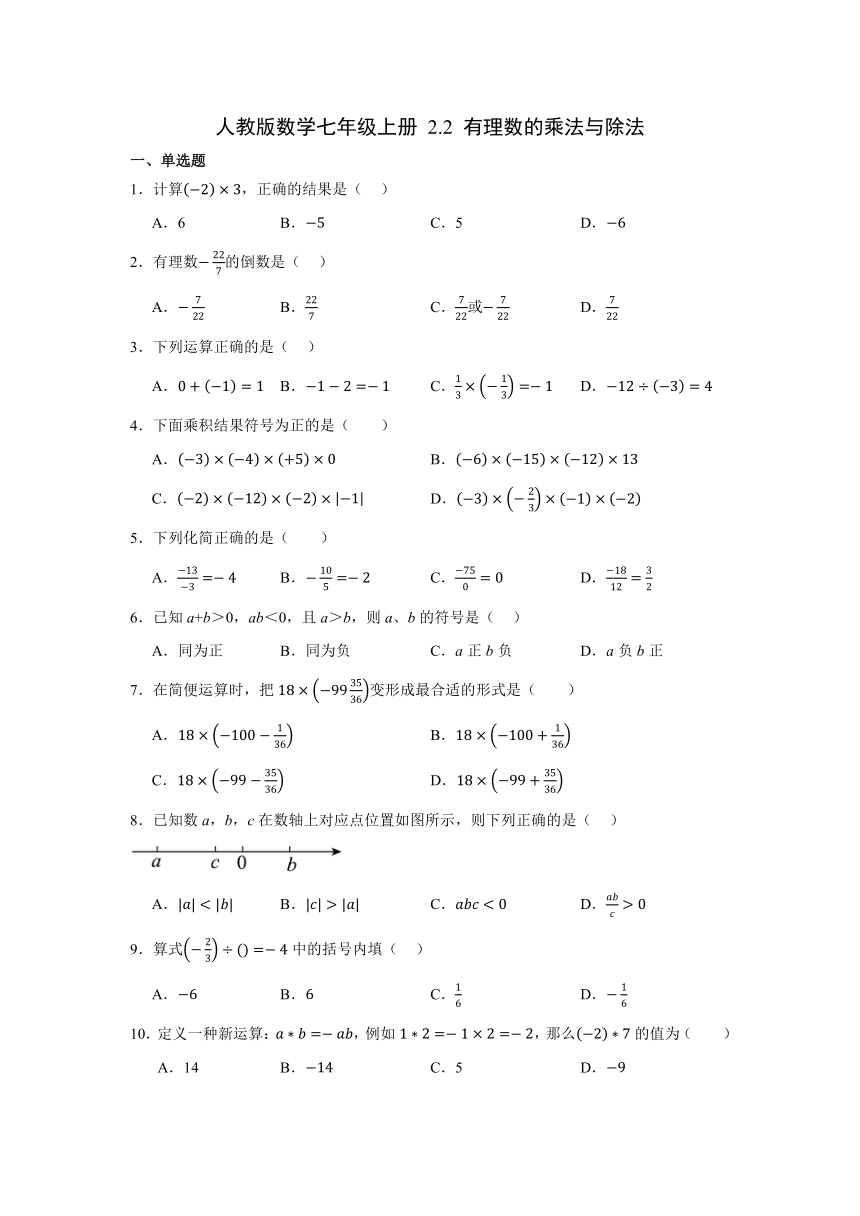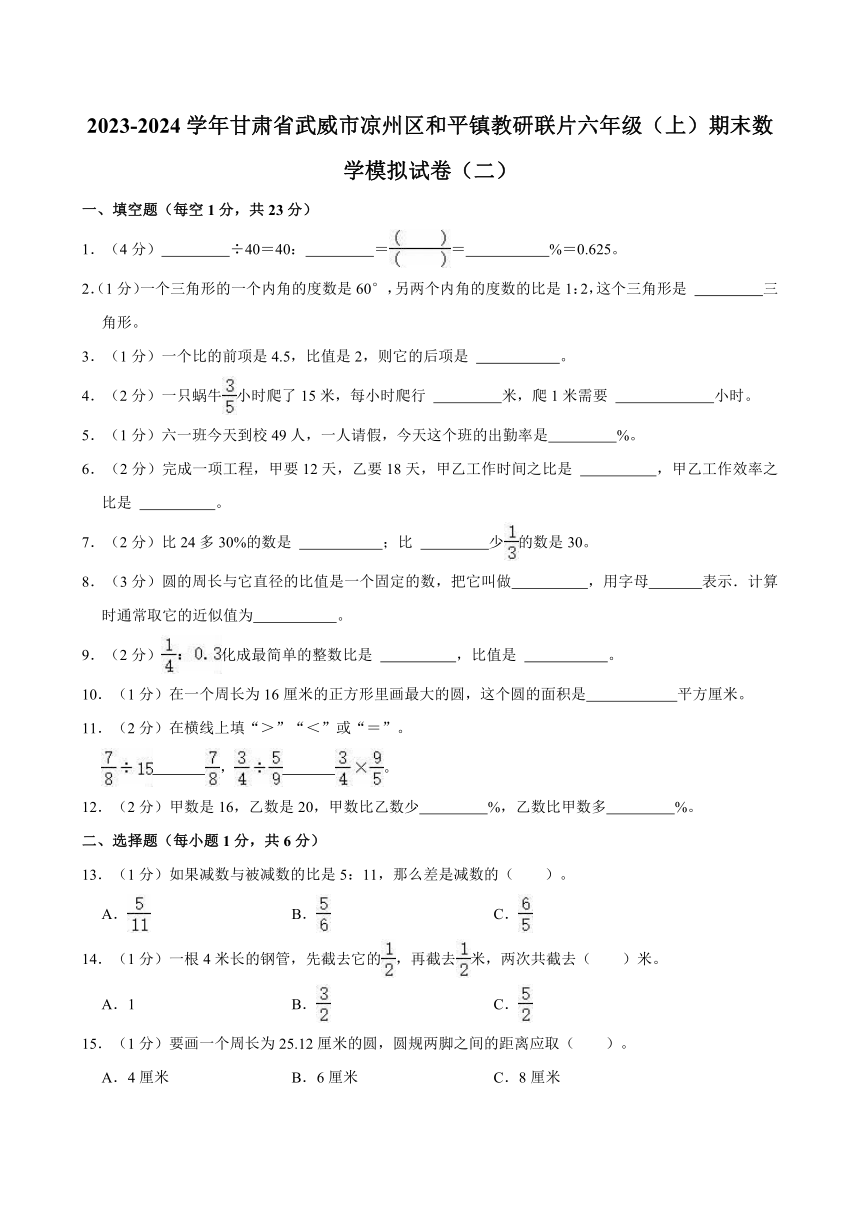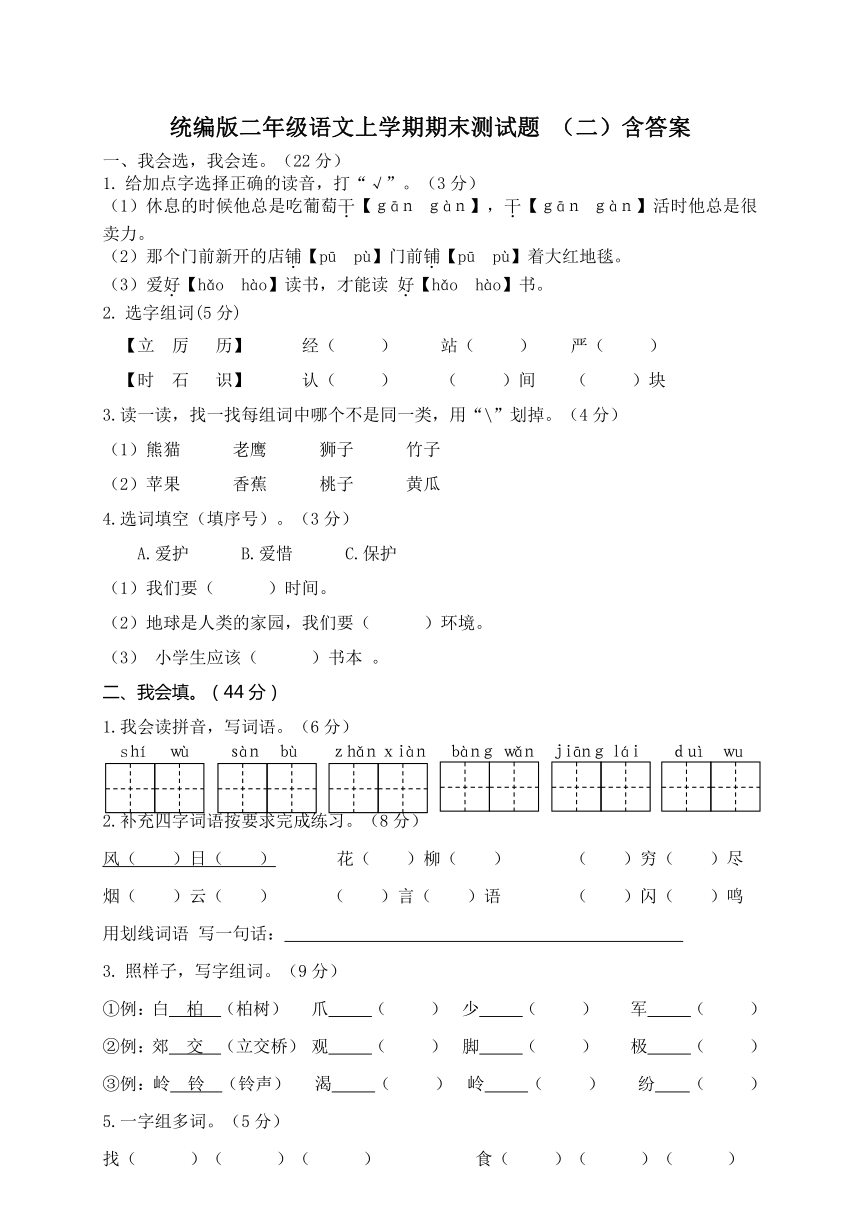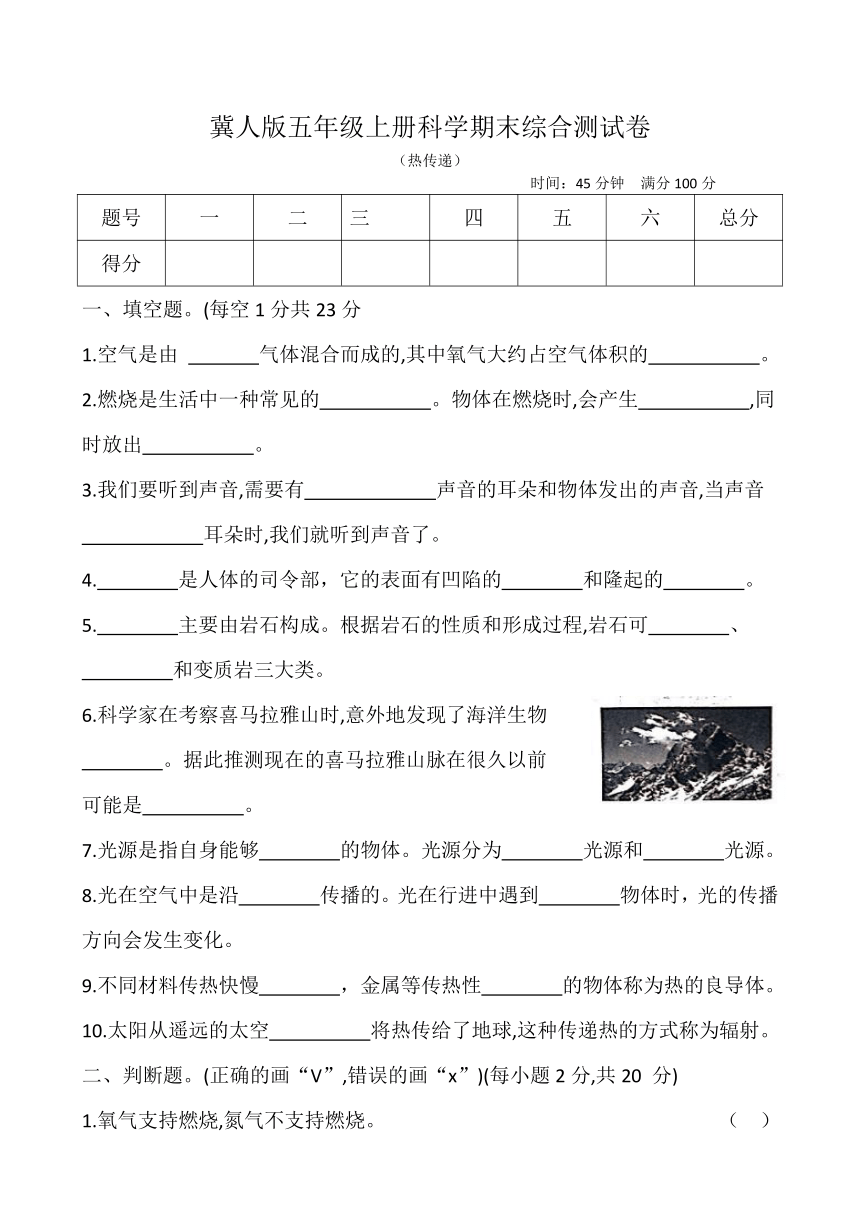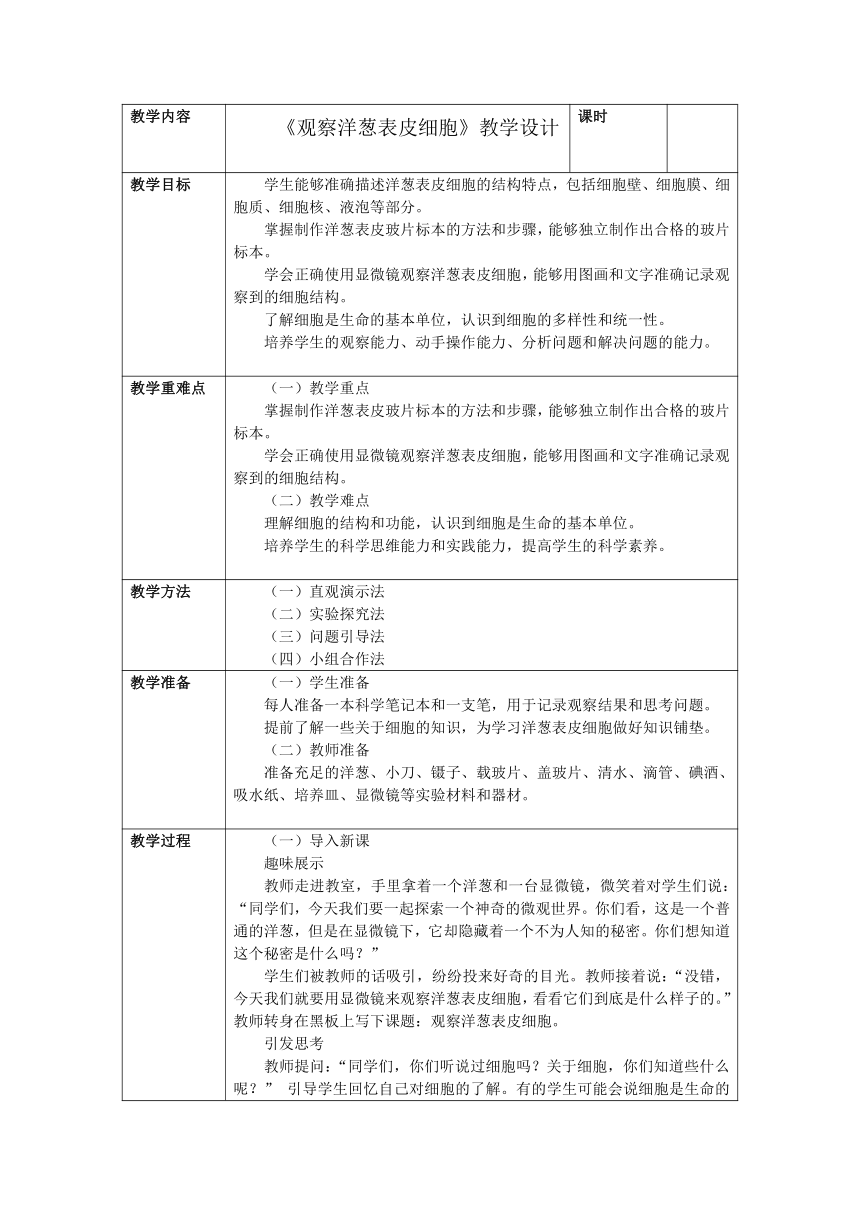外研版(2019)必修第一册 高中英语 Unit 4 Friends forever Understanding ideas 学案(含答案)
2023-11-04 19:20:23 学考宝 作者:佚名
Word文档版
学考宝(xuekaobao.com)友情提示:html格式不完整,如有需要请根据文末提示下载并进行二次校对Word文档。
Unit 2 Exploring English
Understanding ideas
学习目标
1. 掌握本节生词及句型的表达与运用。
2. 通过课堂练习,对课文内容有更深入的了解。
知识运用
1. familiar
词性:____________ 意思:_____________
unfamiliar adj. 不熟悉的
(sb.) be familiar with sth. (某人)熟悉某事物
(sth.)be familiar to sb. (某事物)为某人所熟悉
become/get/grow familiar with 变得熟悉……
be on familiar terms with 与……交情好
练习:My grandma grew up in the countryside, so she is quite familiar________ all the crops.
2. prefer
词性:____________ 意思:_____________
preference n. 偏爱;优待
prefer to do/doing 更喜欢做……
prefersb.to do 宁愿某人做……
prefer A to B 喜欢A胜过喜欢 B
prefer doing...to doing... = prefer to do...rather than do… 宁愿做……而不愿做……
(= would rather do...than do... = would do...rather than do...)
have a preference for 对……偏爱
develop a preference for 养成对……的偏爱
give (a) preference to... 优先考虑……
练习:The professor preferred________(give) lectures to students to ________ (invite) to attend meetings.
3. deliver
词性:____________ 意思:_____________
delivery n. 递送;分娩
deliver sth.to sb. 把某物运送给某人
deliver sb./sth. over to sb. 困惑;混淆
a very confusing experience把某人/某物移交给某人
deliver a speech/lecture 发表演讲
be delivered of a baby = give birth to a baby 生孩子
express delivery 困窘地,不知所措地
a delivery room 产房
练习:You promised to deliver the goods________ us, but we haven't seen any of them yet.
4. advance
词性:____________ 意思:_____________
advanced adj. 先进的;高级的
in advance 提前,预先
in advance of 在……之前;超前于,比……先进
make advances in (=make an advance in) 在……方面取得进步
recent advances in medical science 医学的最新进展
advance on/towards... 朝……前进
advanced technology 先进的技术
advanced learners of English 高级程度的英语学习者
练习:We are working hard________(advance) the cause of world peace.
5. prove
词性:____________ 意思:_____________
prove sth.to sb. 证明某事给某人看
prove sb./sth.(to be)+ n./adj. 证明某人/某物……
prove (to be)+ n./adj. 证明……
It has been proved that... 已经证实……
练习:The businessman________(证明是) kind and generous.
6. keep in mind that…
词性:____________ 意思:_____________
keep/bear...in mind 把……放在心里,把……记在心上
make upon one's mind(to do sth.) 下定决心(做某事)
change one's mind 改变主意
come to mind 突然记起(或想到)
with...in mind 考虑到……
练习:You must keep in mind________ he is much younger than you.
阅读探究
1. The questions in Paragraph 1 are mainly used to________.
A. remind us of writing letters to our friends
B. say how technology has changed our life
C. introduce the old way of keeping in touch with friends
D. show writing letters to friends is old-fashioned
2. What does the sentence "on the Internet, nobody knows you're a dog" mean
A. You can pretend to be a dog on the Internet.
B. You may communicate with a dog on the Internet.
C. You don't exactly know who the person on the Internet is.
D. You may have a chance to be a lucky dog on the Internet.
3. What can we know from the last paragraph
A. The author is in favour of making friends online.
B. The author thinks the meaning of friendship has changed.
C. The author thinks technology makes it hard for us to make friends.
D. The author thinks technology helps us maintain friendships more easily.
4. What does the passage mainly talk about
A. How to maintain friendships.
B. Making friends on the Internet.
C. How to make friends on the Internet.
D. Avoiding making friends on the Internet.
句型梳理
1.(教材P38)What if the only way of getting news from faraway friends was writing letters that took ages to be delivered
如果从远方朋友那里得到消息的唯一途径就是写信,而且要花很长时间才能送到,那该怎么办
What if... 如果……怎么办 /要是……会怎么样
What if… 句型其实是包含了if引导的条件状语从句、但省略了主句内容的,相当于“What would happen if...”。由于if引导的从句提出的是一个假设,在从句中根据不同的情况使用陈述语气(一般现在时)或是虚拟语气(一般过时时)都是可以的。
(1)用于提出假设时,意思是“假若……”“假若……怎么办”“要是……将会怎么样”,其后句子可用陈述语气(用一般现在时),也可用虚拟语气(用一般过去时或should+动词原形)。
What if she finds out that you’ve lost her book
如果她发现你把她的书丢了怎么办
But what if somebody decides to break the rules
但是如果有人决定打破这些规则呢?
What if it rains when we can’t get under shelter
假若下起雨来,我们又没处避雨可怎么办
(2) 表示邀请或建议意思是“如果……怎么样?”“如果……如何?”。
What if you join us for lunch
同我们一起吃午饭怎么样?
What if we moved the sofa over here Would that look better
要是我们把沙发挪到这边来会怎么样?看上去会不会好一些?
(3) 表示不重要,此时通常与so连用,意为“就算……那又怎样?”
So what if we're a little late
就算我们迟到一会儿那又怎样?
So what if nobody else agrees with me
就算没有一个人赞成我的意见,那又怎么样?
2.(教材P39)Although technology has changed the way we acquire friends...
尽管技术已经改变了我们结交朋友的方式……
the way(+ that/in which)+ 定语从句
the way(方式,方法)作先行词后接定语从句时有以下三种情况:
(1)关系词在从句中作状语,关系词用 that, in which 或省略
(2)关系词在从句中作主语,关系词用 that 或 which
(3)关系词在从句中作宾语,关系词用 that, which 或省略
I don't like the way (that/in which) you speak to your mother.
我不喜欢你同你母亲说话的方式。
The way (which /that)he explained to us was quite simple.
他向我们解释的方法很简单。
答案
知识运用
1. with 2. giving; being invited 3. to 4. to advance 5. proved to be 6. that
阅读探究
1. B 2. C 3. A 4. B
图片资源预览
